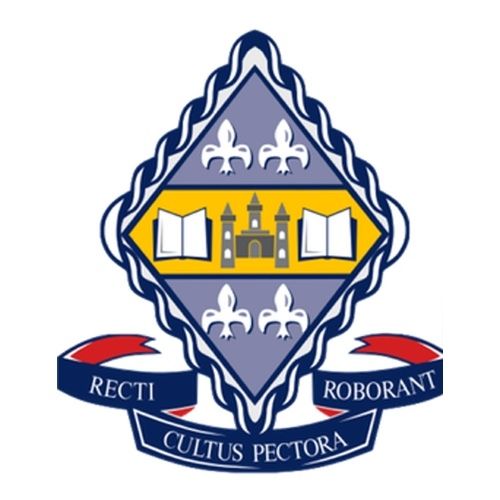
Scholarship Exams
Recently we focused on Scholarship in a staff meeting and 48 students are registered to sit Scholarship subjects this year.
The message of the meeting was that by backing yourself and having confidence, our students are as capable as any in the country of achieving well in Scholarship. We have both school and city-wide tutorial programmes which support students in Scholarship and also allow students to explore and extend their subject passions.
Scholarship candidates are expected to demonstrate high-level critical thinking, abstraction and generalisation, and to integrate, synthesise and apply knowledge, skills, understanding and ideas to complex situations.
All students at OGHS are eligible to enter Scholarship, usually in Year 13. The benefits of studying for Scholarship are increased confidence going into Level 3 examinations and university, individualised Scholarship tutorials and preparation, development of flexibility and integration in thinking, development of skills for higher level thinking and research at tertiary level. It is usual for students to enter one to three Scholarship subjects; more than this usually proves unmanageable.
Scholarship students are encouraged to read widely, to prepare and submit material to teachers and tutors for marking, and to apply feedback given. This year the fees for Scholarship have been abolished by the government in an to allow equity in access to Scholarship success - good news for our Scholarship students.
Students should enter for Scholarship by registering on the Google Doc in the Scholarship 2019 Google Classroom, using the code bwu179x.
What you can do to encourage younger learners (Years 9 to 12) to prepare for success in Scholarship in Year 13:
Engage in wide reading from an early age – particularly fiction novels and poetry. Students should read daily and have a love of reading good books.
Read newspapers (the newspaper is available daily in the school library and newspapers are available online).
Encourage academic discussions at home.
Expose students to new and cutting edge ideas and research eg New Scientist, Time magazines.
Discuss current affairs, politics and issues at home and with their peers.
Encourage students to have points of view and to be able to argue their case convincingly.
Encourage an understanding of other cultures and religions. The World Focus supplement in Monday’s ODT and good foreign films can be helpful.
Visit art galleries, museums, libraries to broaden students’ ideas and experiences.
Encourage students to use thinking strategies such as the Habits of Mind, mind-mapping and other thinking maps, Blooms Taxonomy and De Bono’s Six Hats.
Most of all, foster a love of learning and a thirst for knowledge in your children.
